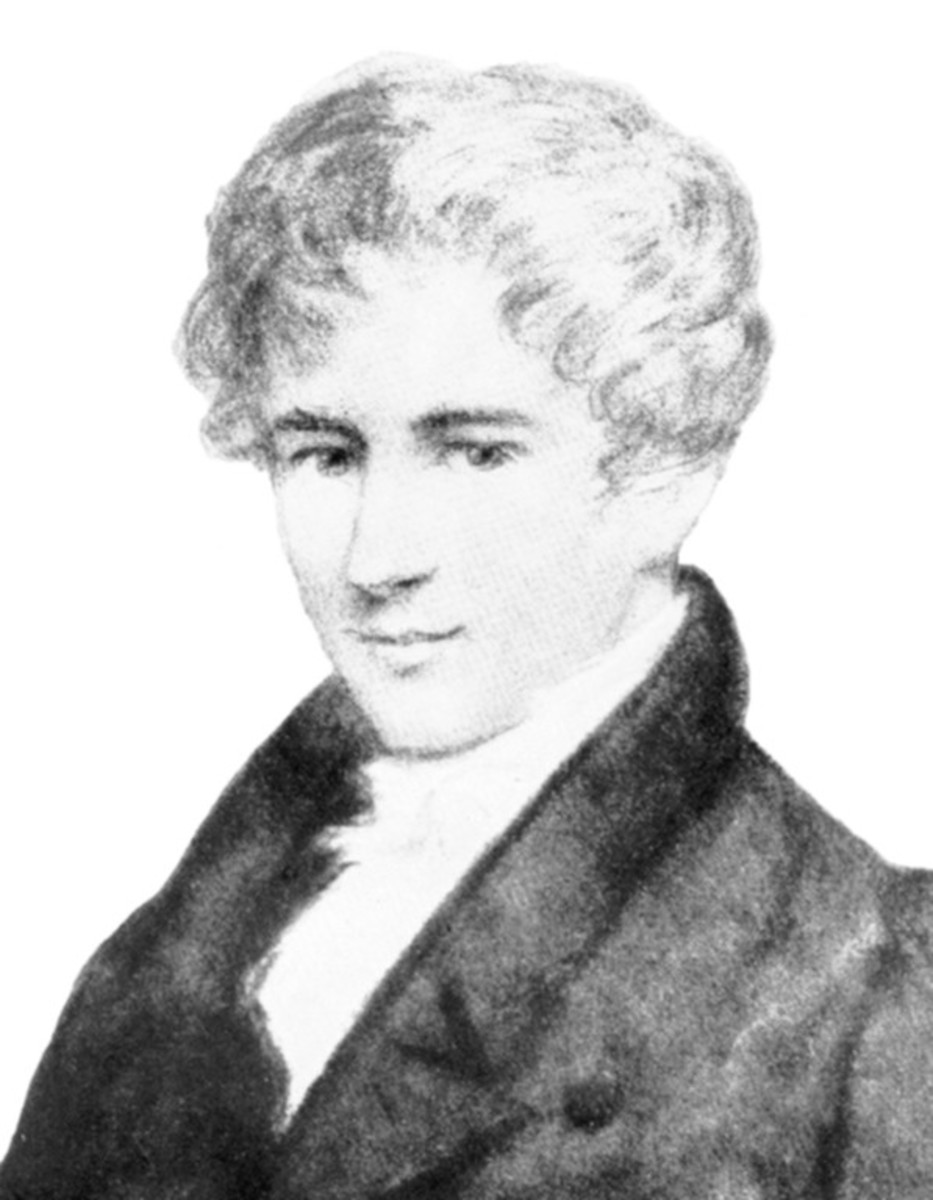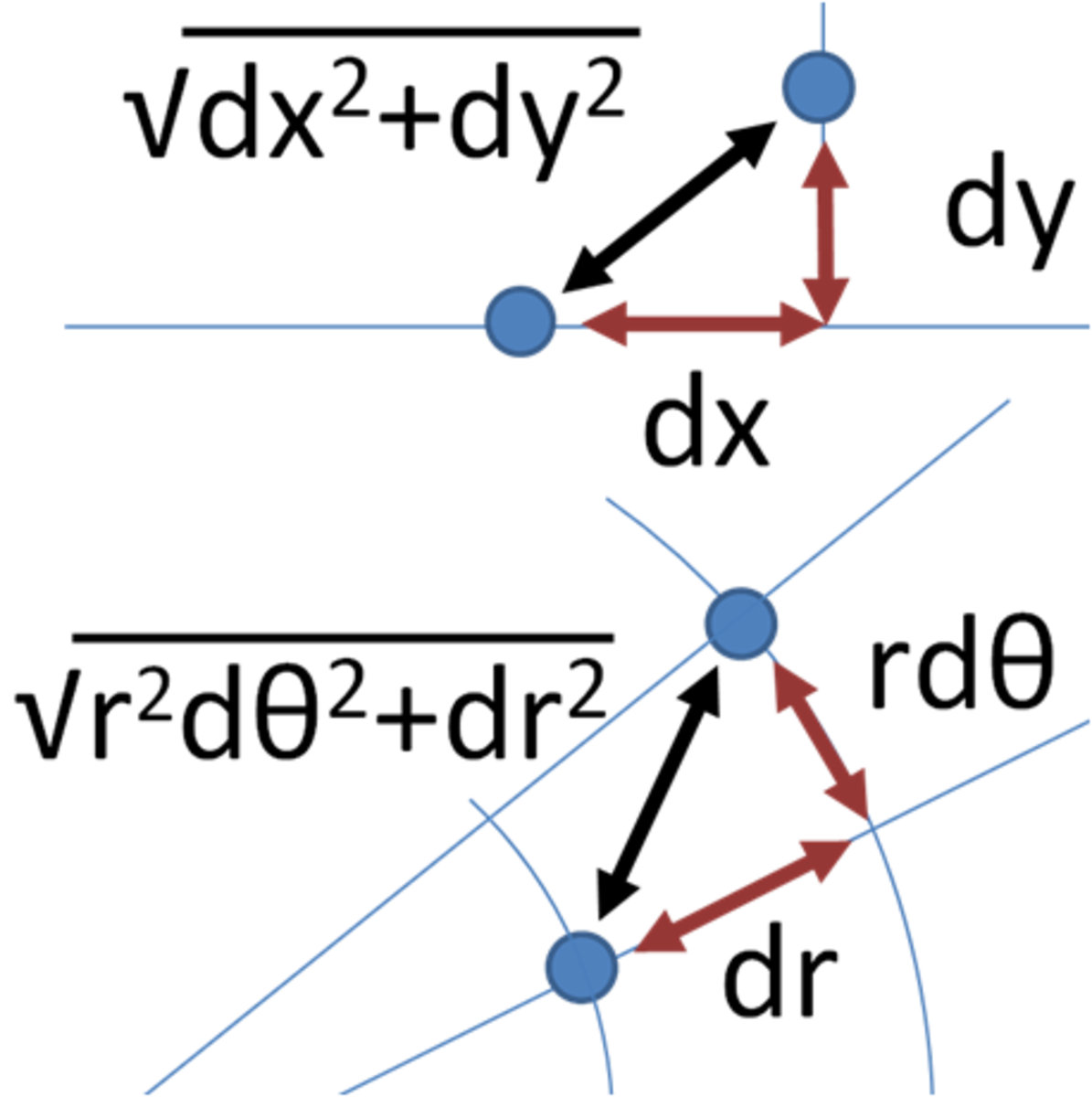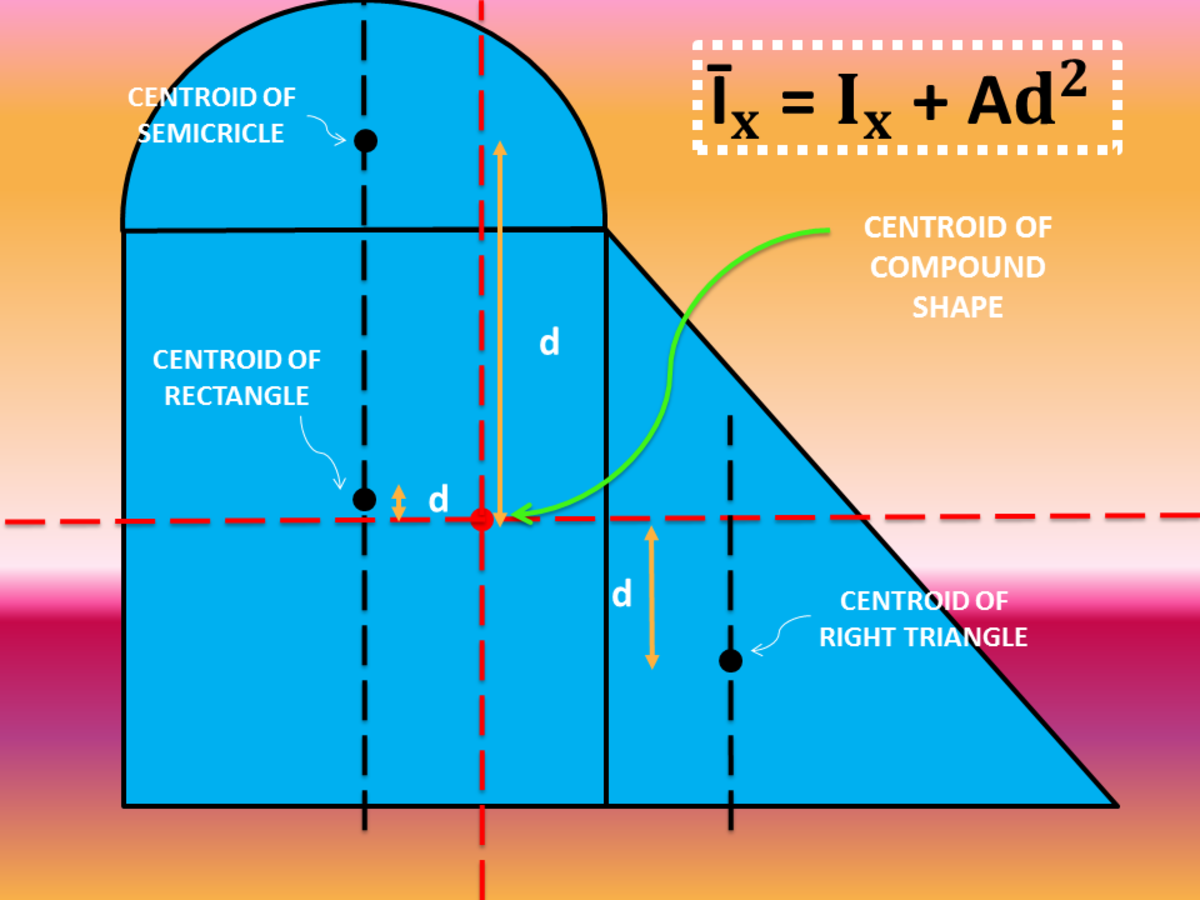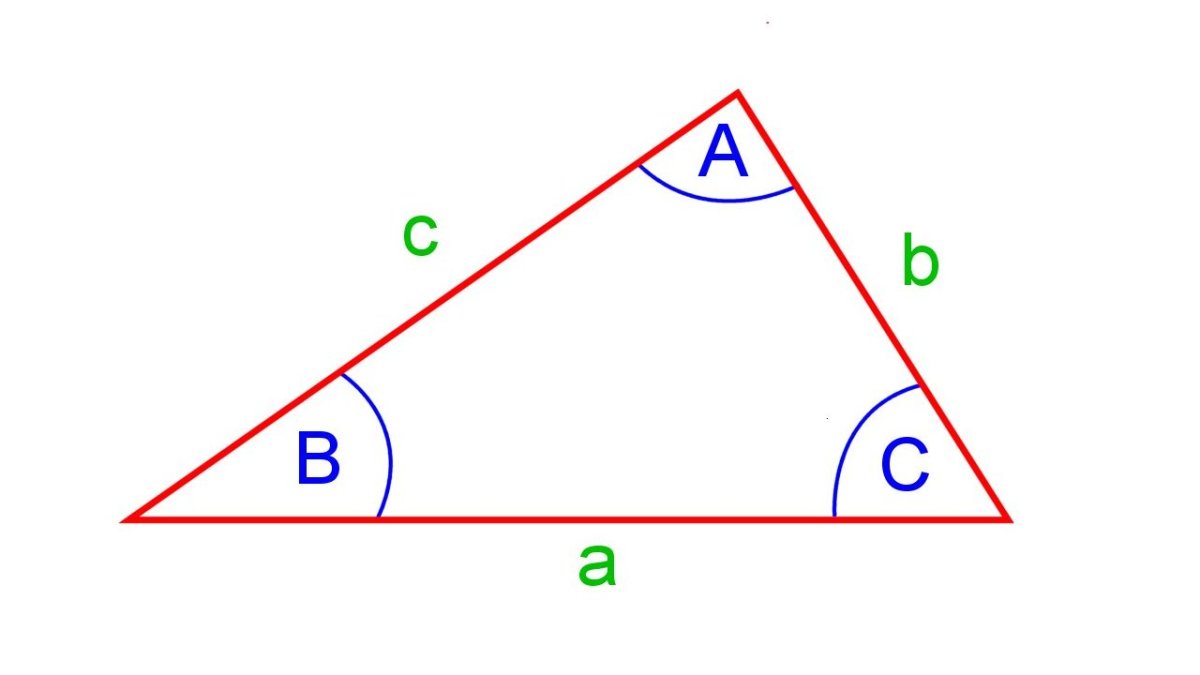Euclid
Little is known about the life of Euclid. Although he is often referred to as 'Euclid of Alexandria', this city was not the one of his birth. We don’t know exactly when he was born either, though it is known that he was in Alexandria during the reign of Ptolemy I (323–283 BC).
Euclid was a Greek and, before arriving in Alexandria, it is likely that he studied with Plato at his Academy in Athens.
Alexandria was a port on the northern Mediterranean coast of Egypt, and there Ptolemy I established an institute which was known as The Museum. We sometimes refer to it today as The University of Alexandria. Euclid was a professor of mathematics at The Museum and established the Alexandrian School of Mathematics.
Euclid is best remembered for the mathematical textbook he wrote - in fact 13 books altogether - that are collectively known as The Elements . The Elements contains 465 propositions altogether. Some of the propositions and proofs were Euclid’s own work, but the book also recorded many results from his mathematical predecessors. Euclid arranged them logically into a single coherent book and used a system of mathematical proofs based on axioms.
The Elements is often thought of as a book on geometry, but it also contains number theory and some elementary algebra. Euclid also wrote at least ten other books, five of which have survived.
No copy of the original Elements is in existence today. Modern editions are based on a revision by Theon of Alexandria almost 700 years later. Nevertheless, The Elements has proved to be the most widely studied book in the world with the exception of The Bible. The Elements was used as a textbook in schools until the last century, and is still the basis of Euclidean geometry taught in modern schools.
A contribution of Euclid to mathematics
As the most influential book on mathematics ever written, the importance of The Elements cannot be overestimated.
One example of a contribution of Euclid to mathematics is the Euclidean algorithm for finding the greatest common divisor of two given positive integers. This is found in Book VII of The Elements .
This is how the algorithm works:
1. Divide the larger number by the smaller number and find the remainder.
2. Divide the divisor (the smaller of the two original integers) by the remainder from step 1 and find the next remainder.
3. Repeat step 2 until the division is exact. The final divisor gives the greatest common divisor of the original two integers.
As an example, find the greatest common divisor of 444 and 1512.
1. 1512 ÷ 444 = 3, remainder 180
2. 444 ÷ 180 = 2, remainder 84
3. 180 ÷ 84 = 2, remainder 12
84 ÷ 12 = 7, exactly
Now the division is exact, the final divisor (which is 12) gives the greatest common divisor of 444 and 1512








